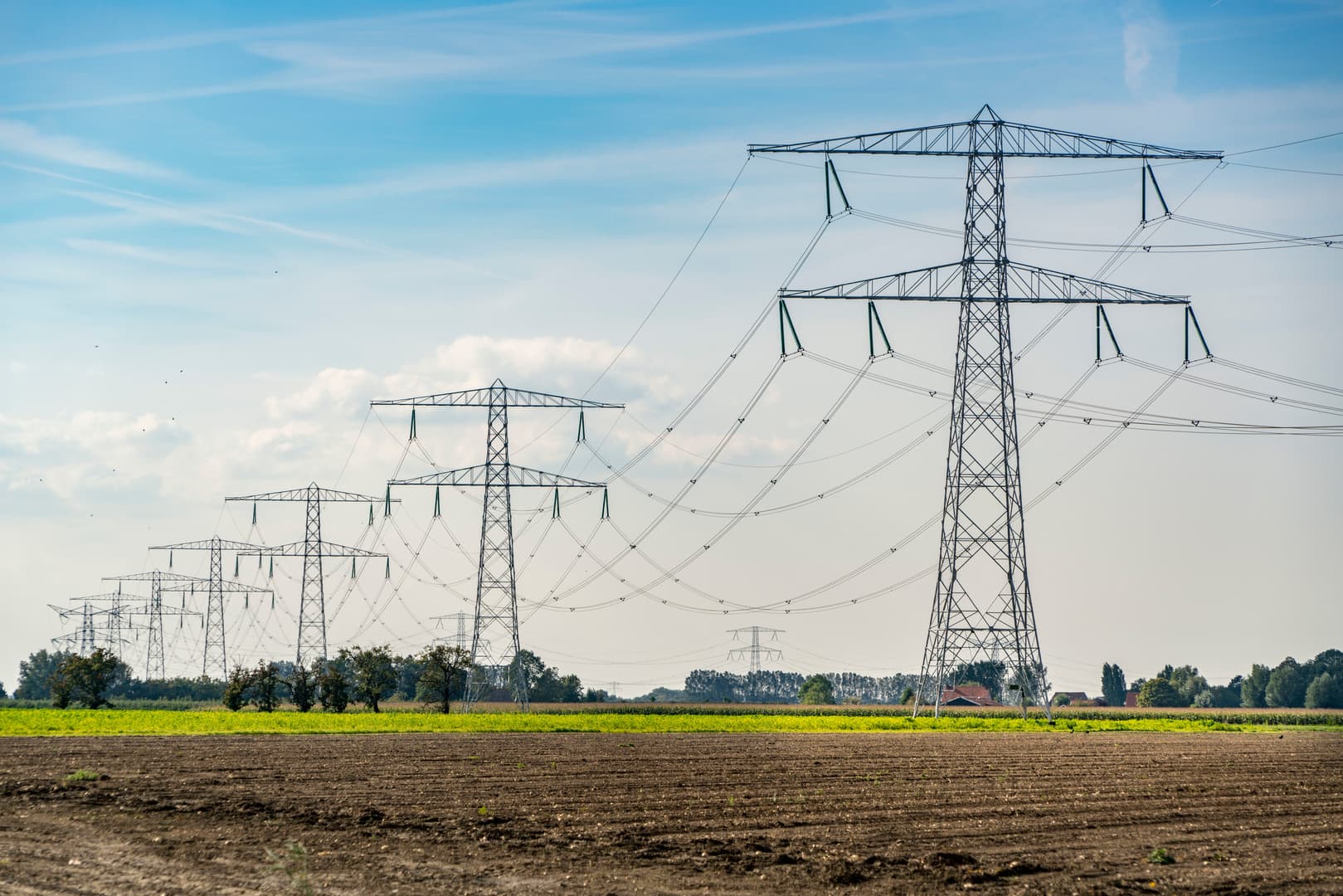
Our tasks
Our main task is to secure electricity supply to almost 43 million people that live in the areas we serve.
What we do
Our main tasks
Our main task is to secure electricity supply to almost 43 million people that live in the areas we serve. To realise this, our primary tasks are to provide electricity transmission services, system operation services and to facilitate the energy market. We also need to design, build, maintain and operate our grid. These tasks follow from our appointment as grid operator under the Dutch 'Elektriciteitswet' (E-wet) and the German 'Energiewirtschaftsgesetz' (EnWG).
TenneT in The Netherlands
The Dutch Electricity Act of 1998 defines TenneT as the sole independent administrator of the national high voltage gid. As the only transmission system operator (TSO) in the Netherlands, we are responsible for managing the transmission grid, connecting electricity producers to the grid, transporting electricity and balancing the electricity supply with demand, all the while driving the country’s transition to a zero CO2 economy.
TenneT in Germany
TenneT is also responsible for the construction and maintenance of the high voltage grid that is used to transport large quantities of electricity across Germany. This grid functions as the “highway” of electricity transmission and connects to the lower voltage distribution grids and to certain large industrial users. We play a key role in the implementation of the German energy transition by connecting offshore wind farms and contributing to the construction of the onshore connection capacity that is required in this context.
TenneT as a European Grid Operator
TenneT seeks to be a key player in the Northwest European energy market. We continue to work closely with our European partners to further integrate the electricity market, thereby assuring a reliable and secure electricity supply at competitive prices. Connecting countries and regions creates an international chain of high voltage grids that make it easier, cheaper and more efficient to transmit electricity across borders and to more effectively balance international supply and demand.